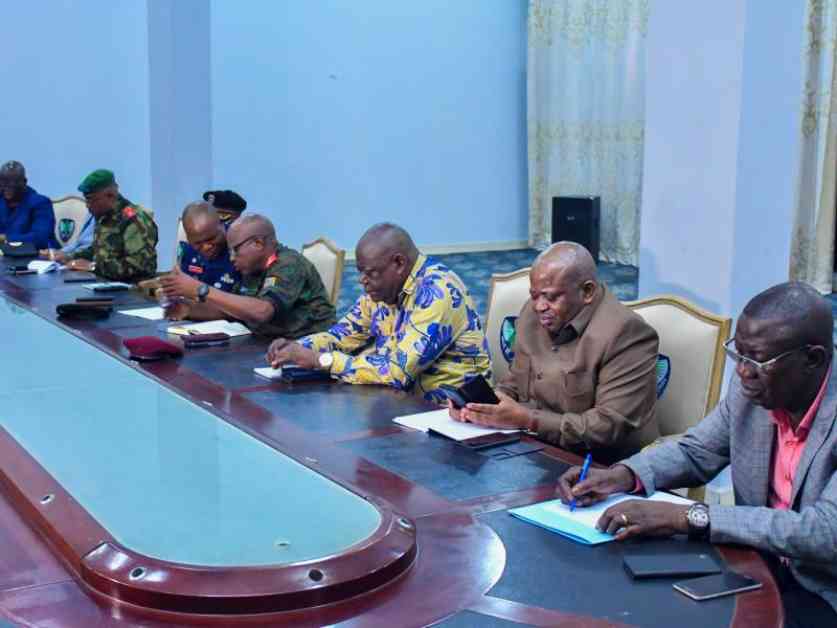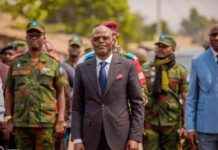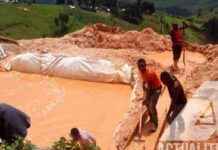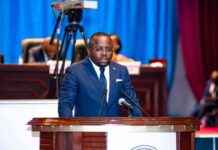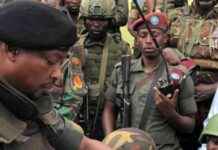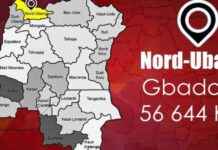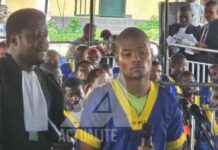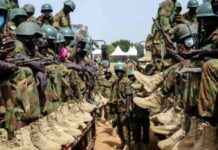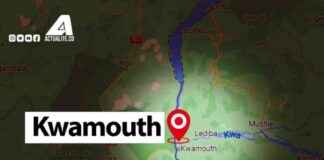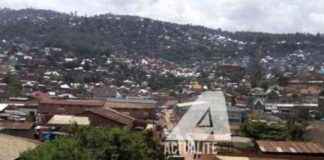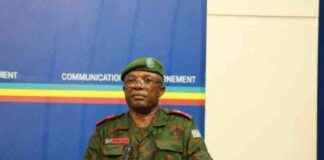The city of Kinshasa is currently under strict orders from Governor Daniel Bumba, who has banned all public demonstrations, including marches and strikes. This prohibition, in effect until further notice, was officially confirmed after a meeting of the provincial security council, which assessed the security situation in the capital.
Thierry Tshitenga Kabuya, the provincial Minister of the Interior, and General Blaise Kilimbalimba, the Deputy Divisional Commissioner of Police/Kinshasa, reiterated the ban on any form of public protest. They made it clear that law enforcement is prepared to enforce this decision without exception.
The provincial security council also called on the residents of Kinshasa to carry on with their daily activities peacefully, while expressing unwavering support for the armed forces of the Democratic Republic of Congo and the brave wazalendo fighters defending the country’s integrity against the Rwandan army and the M23 in the East.
Amidst escalating security tensions nationwide, the provincial government is resolute in maintaining stability in the capital by tightly controlling any potential public demonstrations.
Expert Insights on the Situation
To gain a deeper understanding of the implications of Governor Daniel Bumba’s ban on public demonstrations in Kinshasa, we spoke with Dr. Jeanne Mbala, a political analyst with expertise in Congolese affairs. According to Dr. Mbala, this move reflects the government’s concerns about the potential for unrest in the current political climate.
“Governor Bumba’s decision to prohibit marches and strikes indicates a proactive approach to maintaining order and stability in Kinshasa,” Dr. Mbala explained. “Given the recent tensions and security challenges facing the country, such measures may be deemed necessary to prevent further escalation of conflicts.”
Dr. Mbala also highlighted the delicate balance between upholding citizens’ right to peaceful assembly and ensuring public safety. “While restrictions on public demonstrations may be viewed as limiting freedom of expression, they can also be justified in certain circumstances to protect the well-being of the population,” she added.
Implications for Civil Liberties
The ban on public demonstrations in Kinshasa raises important questions about the state of civil liberties and democratic rights in the Democratic Republic of Congo. Some activists and civil society organizations have expressed concerns about the potential erosion of freedoms under such restrictions.
In a statement issued by a coalition of human rights groups, the ban was criticized as a violation of constitutionally guaranteed rights to freedom of expression and assembly. The groups called for a more nuanced approach to addressing security concerns without infringing on fundamental rights.
The situation in Kinshasa underscores the delicate balance between maintaining public order and upholding democratic principles. As the government continues to grapple with security challenges, finding a sustainable solution that respects the rights of citizens remains a pressing issue.
Governor Daniel Bumba’s decision to forbid public demonstrations in Kinshasa has sparked debates about the implications for civil liberties and democratic rights in the country. While the government aims to ensure stability and security, concerns about the restriction of fundamental freedoms persist. As the situation unfolds, the need to strike a balance between maintaining public order and upholding democratic principles will remain a key challenge for the authorities.
